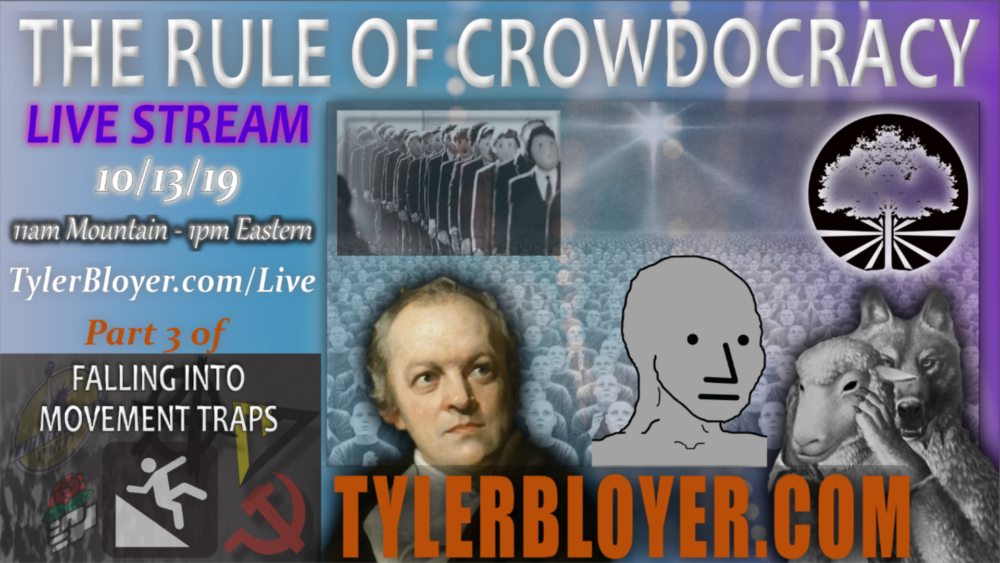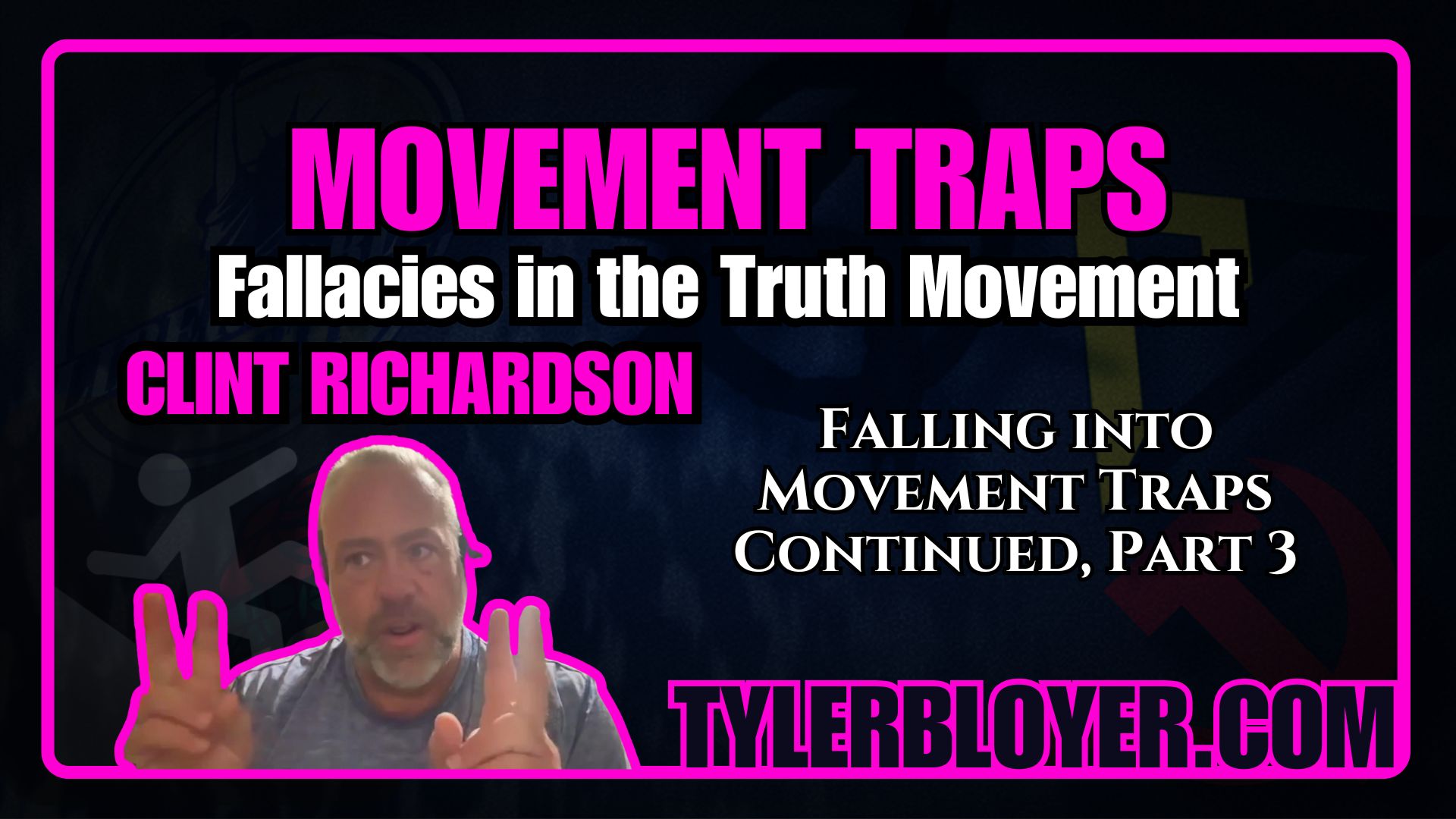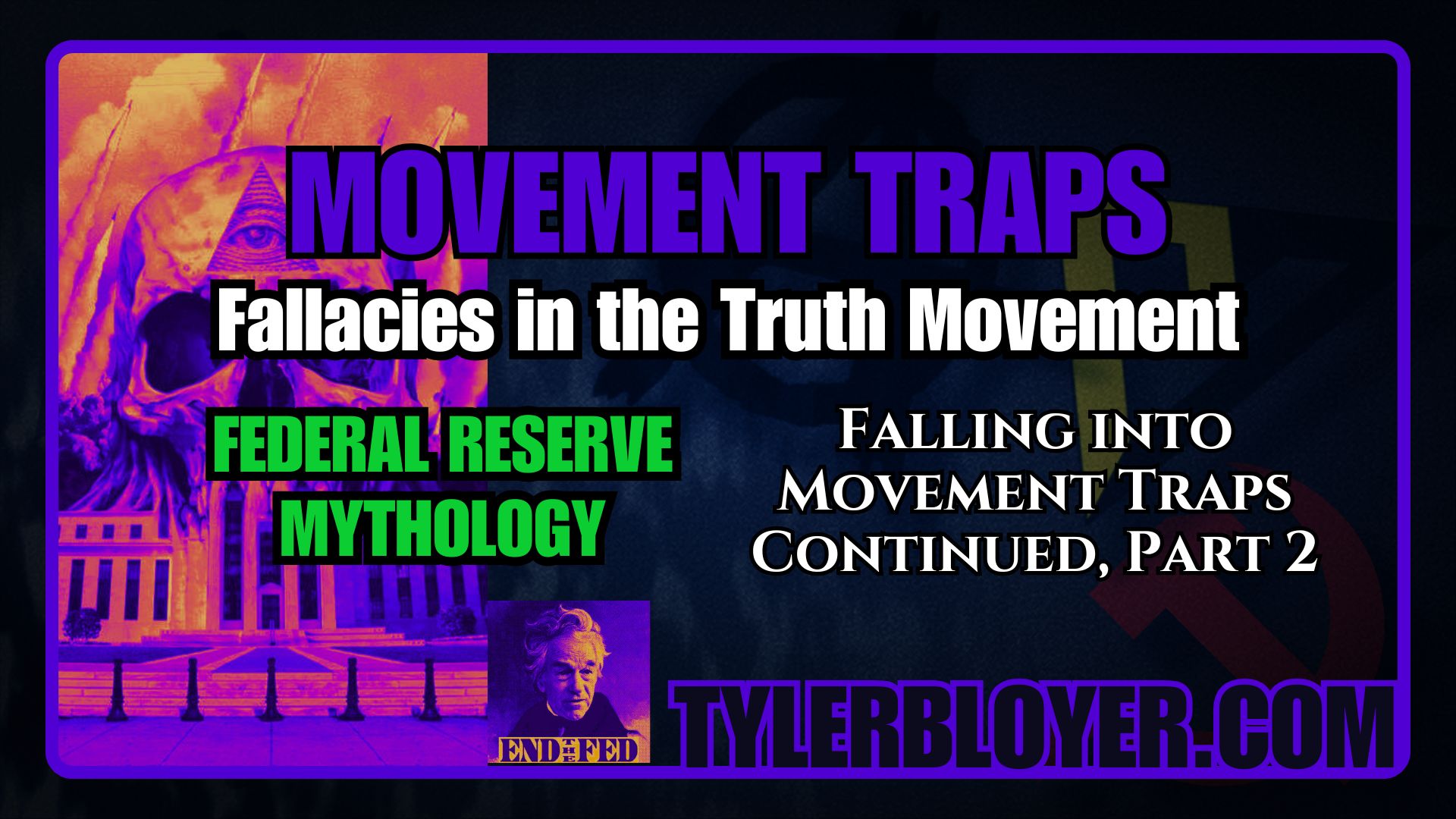The Rule of Crowdocracy – Part 3 of Falling Into Movement Traps
Podcast: Play in new window | Download
Subscribe to Audio version: Apple Podcasts | Spotify | Amazon Music | Android | iHeartRadio | Podcast Index | TuneIn | Deezer | RSS | More
This video was produced live on 10/13/2019.
The Rule of Crowdocracy is the third in the series, Falling Into Movement Traps. In this episode, I discuss “groupthink” and the psychology of crowds.
The “Rule” is the fact that when groups of any number of people form under a set of ideas/ideals which motivate the group into action, there is a rule that there will be inherent errors in the accepted edicts of the group, movement, or cause. It doesn’t matter which political, philosophical, religious, spiritual, activist, or anarchist group that it is, they will always have these implicit issues which I discuss in the episode.
“Ignorant people remain ignorant because they have a secret agreement to call one another intelligent” – Vernon Howard
Democracy itself is just mob rule. It’s the rule of the crowd, even though this is just pretense but the crowd believes it to be true. Ultimately, “Democracy” (Fabian Socialism) is just another culdesac setup for the rats to feel they are progressing toward the ultimate cheese at the end of the maze.
Crowdocracy has certain rules and attributes which withstand all the movement in history and the present.

What we find is that the soulless beings in any group or collective are living the inauthentic life. The crowd will do its virtue-signaling, and the frontline will contain social justice warriors sent to protect the crowd’s baseless rules and moral claims. However, the individuals found within these movements can easily be discovered as being entirely inauthentic with even the most basic inventory of their thoughts and opinions.
Resources:
- Revolutionary Movements (Falling Into Movement Traps)
- Calendly Link
- Alan Watt – Groups Vs. The Individual
- Obama’s science czar, John Holdren
- The Crowd: A Study of the Popular Mind by Gustave Le Bon
- Brave New World Revisited Huxley
- Propaganda Under a Dictatorship
- Galatians 6 KJB
- Erich Fromm – The Art of Being
- Alan Watt – Propaganda and Brainwashing [Brave New World Revisited]

To subscribe to updates please enter your email address below:
Links:
Minds – Steemit – Dtube – Bitchute – Facebook – Youtube







